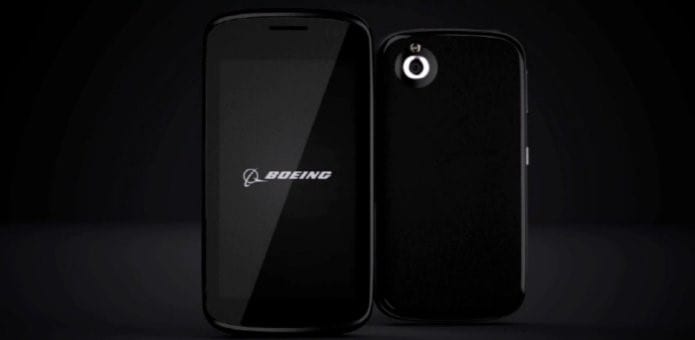DHS working with Boeing to create a ‘self-destructing’ security chip for smartphones
The Department for Homeland Security (DHS) in the US has disclosed that it is working with the Boeing Company to develop a security chip that self-protects the device it is embedded in. The so-called “brain chip” would allow any smartphone to “self-destruct” when the phone detects that is in unauthorized hands and take countermeasures.
Theoretically, if the smartphone is stolen or lost, this technology will give users additional, “intelligent” security, wherein the device will intuitively put self-protective measures into effect.
The phone uses a “neuromorphic computer chip” that simulates human learning. This allows the chip to identify its owner’s manner of walking and talking, according to nextgov.com.
The companies “pretty much are leveraging user behavior information” from data gathered by sensors found on any standard consumer smartphone, Vincent Sritapan, program manager for mobile security R&D at the DHS said. Those feelers could include microphones, cameras and touchpads, he added. The artificial intelligence could help agencies determine, “Are you who you say you are, and do we give you access to enterprise resources like email?” he said.
If the phone falls into the wrong hands, based on measurements made via accelerometer and GPS readings, the chip could tell the difference between its owner and unauthorized user.
Homeland Security have chosen the Boeing Black for experimentation, as the company was willing to embed the chip into its device, Sritapan said.
“I would call this a high-risk, high-reward type of project,” he added. “If successful, this technology can go into any device the manufacturers are willing to integrate it with” and would meet security specifications of the military, DHS and other federal agency information. This particular smartphone is considered to be one of the most impenetrable devices in the world.
Some of the unique features include a bespoke Android operating system, enhanced modularity to make its use to certain missions and “embedded hardware media encryption”.
“Despite the continuous innovation in commercial mobile technology, current devices are not designed from inception with the security and flexibility needed to match their evolving mission and enterprise environment,” Boeing states online.
Over the last few years, the danger to smartphones has significantly increased, with experts warning that they are becoming more complicated.
One of the greatest challenges facing security professionals is to handle the implications of greater interconnectedness, said Rolf von Roessing, former vice-president of security trade body ISACA in 2013.
He was quoted by Computer Weekly as saying: “Where there are clusters of wirelessly connected devices, it will become increasingly difficult to identify infections or where they have come from.”
Aerospace company Boeing, along with jointly-owned HRL Laboratories, a software firm owned by Boeing and General Motors, are developing the chip with DHS. However, “it remains to be seen whether DHS itself will buy brain chip-embedded” phones for field operations. The $2.2 million project will enter into a 6 month pilot program after a 2-year R&D period.

